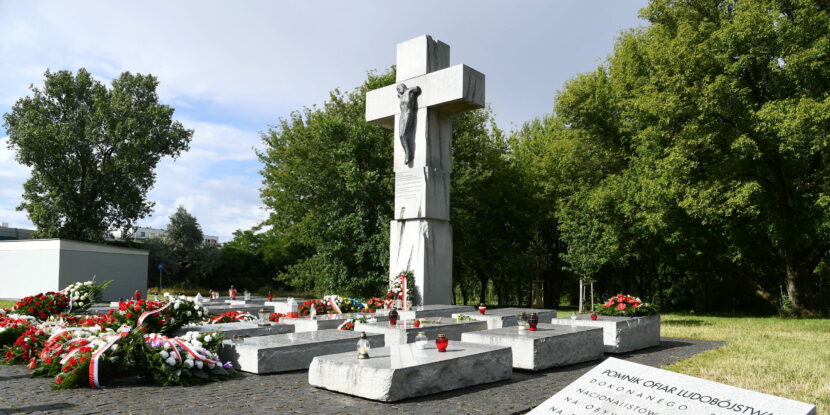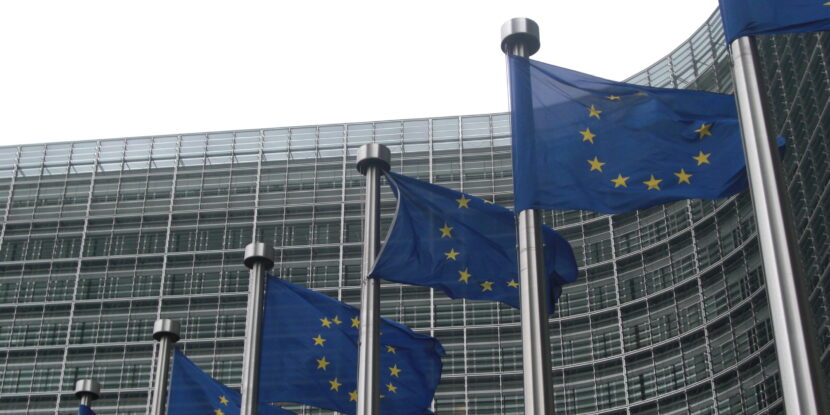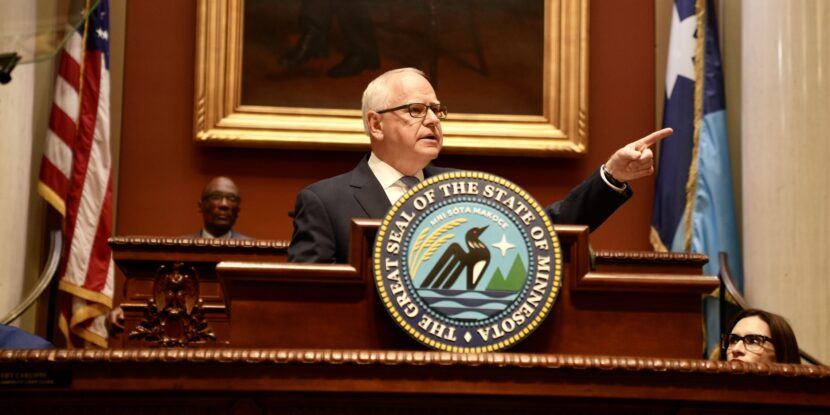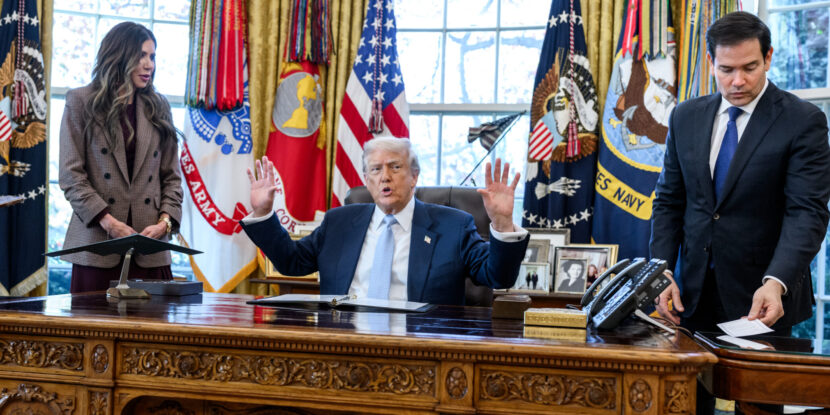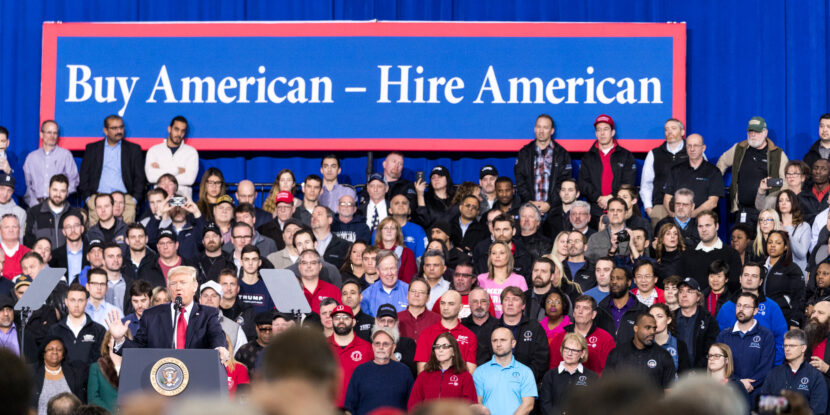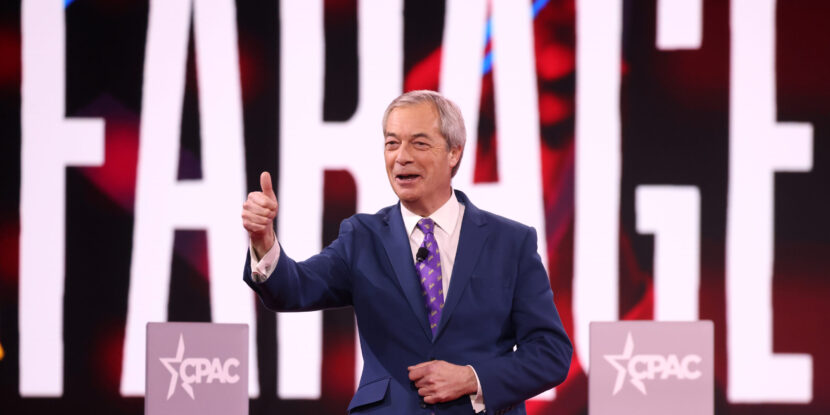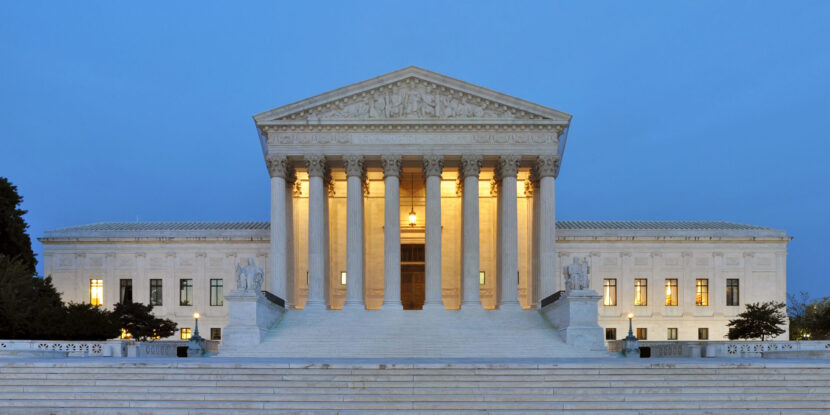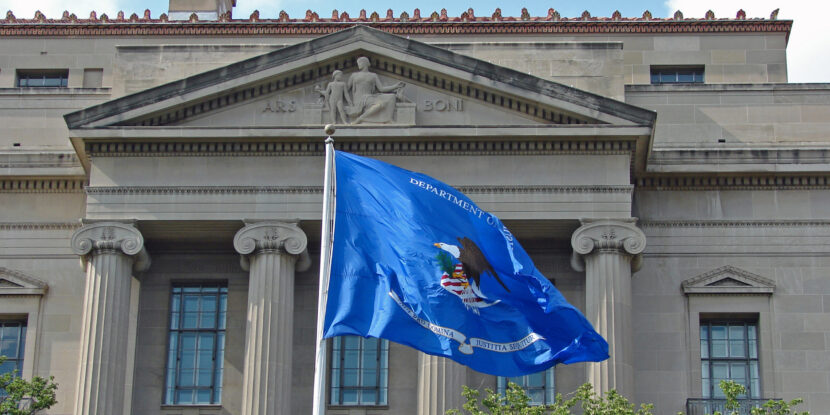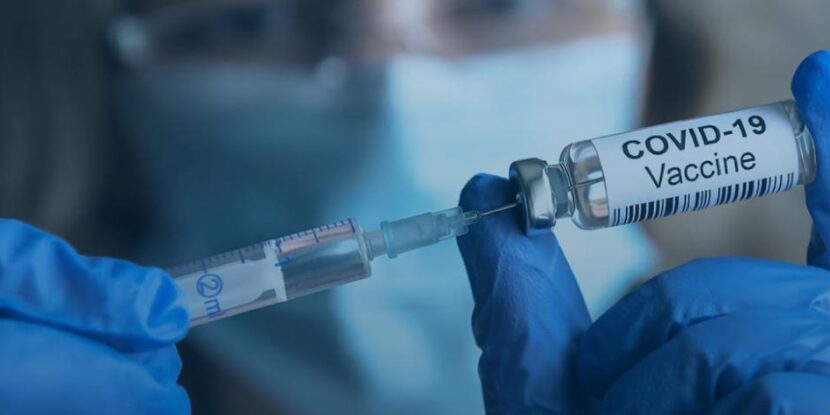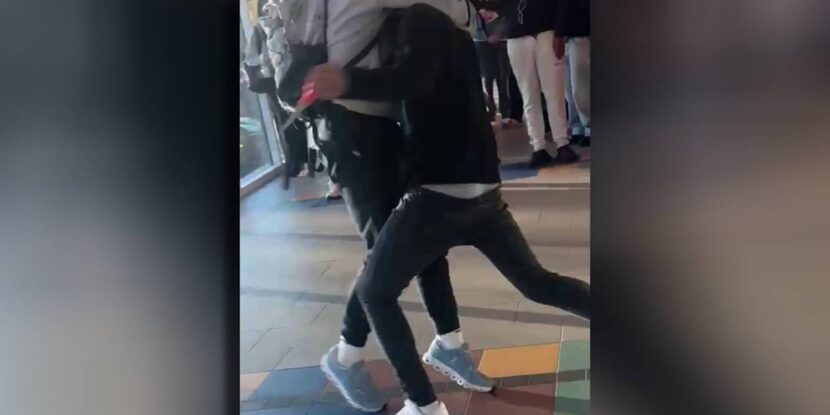Polish-Ukrainian relations are fraying over the legacy of the Second World War era Volhynia (Wołyń) genocide, in which Ukrainians massacred up to 120,000 ethnic Poles, mostly women and children. The slaughter was instigated by the Ukrainian Insurgent Army (UPA) in then-German-occupied eastern Poland, in territory that belongs to modern-day Ukraine as a result of Soviet-orchestrated land transfers. However, many of the killers were ordinary Ukrainians armed with agricultural implements, using the German occupation as an opportunity to ethnically cleanse the area in preparation for its incorporation into an independent Ukrainian nation-state.
The Ukrainian Insurgent Army and its leader, Stepan Bandera, are regarded as heroes in Ukraine for their partisan activity against the Soviets and, after initially collaborating with them, the Germans. The Ukrainian government also refuses to recognize the Polish massacres as a genocide. This is an ongoing source of tension with the Polish government, despite Poland’s strong support for the Ukrainians in their war with Russia.
Ukraine’s outgoing Foreign Minister, Dmytro Kuleba, was evasive when questioned on whether Ukraine would comply with Polish requests for the exhumation of Polish massacre victims recently. He implied Kiev and Warsaw should agree to disagree on the subject of the genocide, saying it should be left for historians to discuss.
Polish government ministers have warned Poland will not agree to Ukraine joining the European Union (EU) if the crimes of the Ukrainian Insurgent Army are not addressed. The Poles also have the power to veto Ukrainian accession to NATO.
“Poland will decide to close the next chapters of Ukraine’s negotiations with the European Union, so it is better for Ukraine to settle this matter as soon as possible,” said Poland’s Foreign Minister Radosław Sikorski.
